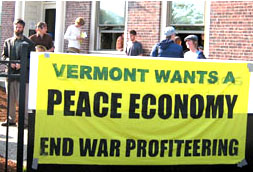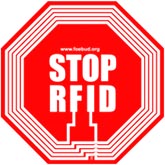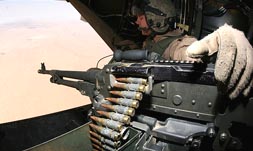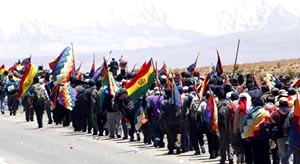
Greg Palast and Robert F. Kennedy Jr.: “Steal Back Your Vote!”
Investigative journalist Greg Palast and voting rights attorney Robert F. Kennedy Jr. have partnered up to create the "Steal Back Your Vote!" guide. In an interview with Truthout, Palast describes the ways that votes are being stolen ahead of the 2008 election and gives suggestions on how Americans can ensure that their votes get counted.
For full story, see this page.




